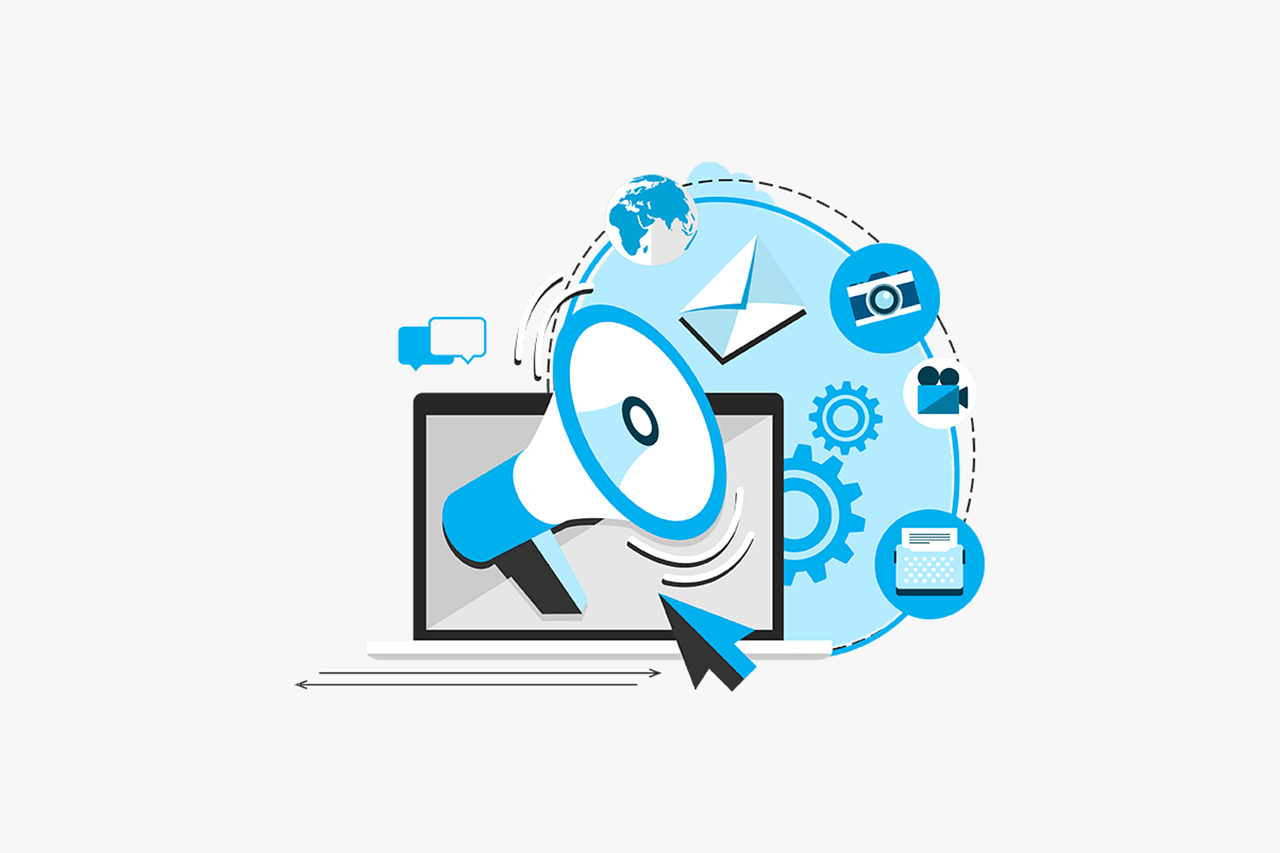7 Paid Ad Strategies to Promote Your NYC Events

Having a paid ad strategy as a part of a larger event promotion campaign can aid in gaining a larger target audience reach. NYC event planners can use paid ad strategies to increase visibility by gaining a presence in digital locations they would not otherwise reach. These seven paid ad event promotion strategies can help improve the promotion of your NYC events - boosting attendance, elevating engagement, and increasing your event production success.
1. Google Ads
One of the most widely used ad platforms is Google Ads. Event planners can use a single account to manage several different event promotion campaigns. The platform lets you target active users who are currently searching for something related to your event. You can perform keyword research and target searches that are most relevant to the event. Depending on your event target audience and budget, paid ads can be display, video, or search. What is nice about this strategy is that you can adjust your budget and daily spending as time goes on in response to the performance analytics generated.
2. Email Marketing
Established NYC event planners may already have a robust email list of potential attendees. Email campaigns are a great way to maintain a connection and generate excitement for upcoming events. While this isn’t strictly a “paid ad,” paid email services often allow for more detailed and targeted campaigns and tracking. Email list segmentation creates a more personalized experience, which results in greater engagement and ROI. This makes spending the money for a paid email campaign service well worth it.
3. Social Media Advertising
While an organic social strategy is helpful, pairing it with paid social ads can be a promotion boost for an event that needs to be a success. Different social media platforms have different pricing and ad options. To maximize the benefit of paid social ads, choose the platform where the target attendee audience is the greatest and most engaged. This will create a strong foundation for the paid ad strategy. Then, target specific demographics, geographic regions, interests, and behaviors when building the ad campaign. Use original imagery and compelling copy to create an ad that will attract the viewer's attention. Include a link directing the viewer to what you want them to do, such as registering or buying tickets.
4. Remarketing
A remarketing campaign is similar to paid search ads but slightly different. These digital ads target individuals who have already visited your event website or performed another action that showed they expressed interest in your event or similar events. The ads appear in front of individuals visiting other websites or using social media. The goal is to repeatedly appear in front of the individual to strengthen the message and increase recognition. Often, remarketing campaigns effectively drive event registration or ticket sales for a target audience that has already shown interest in attending. There are services that NYC event planners can register with to create a remarketing campaign that fits their budget and targets their desired audience.
5. Influencer Marketing
Working with influencers can be a type of relationship between services and goods. It can also be one where an event planner pays the influencer for event promotion. The right influencer is an industry expert or someone of prominence in an area related to the event. They have a voice of authority that others trust. Paying the influencer to speak on behalf of an event gives it authenticity and credibility. Event planners can find and reach out to influencers on their own. There are also online services that do the influencer screening for you.
6. Event Listing Websites
A Google search of “NYC events” will quickly produce multiple websites with lists of upcoming events. Many of these websites offer the ability to have your event listed by paying a fee. While not all of these websites are worth paying for, some with the greatest traffic and engagement may be a valuable tool for increasing target audience reach. The type of listing an event gets listed on will also depend on the event. Popular event listing websites include Meetup and Eventbrite. There are also NYC-specific ones.
7. Geo-Targeting
Offline events that people attend in person could have a limited target audience of those local enough to attend. Geo-targeting allows event planners to focus their event promotion efforts on potential attendees in a specific area. This helps to maximize the ROI of marketing efforts. It can also be useful for gaining visibility with a target audience looking for events in a specific area. For example, NYC events often draw in attendees from all over the Northeast or even the country. Geotagging can help NYC event planners gain visibility with those looking to come to NYC and want something to do while there.
Use Paid Ads in Your Event Promotion
As a successful NYC event planner, you understand that it takes creative and innovative thinking to remain at the forefront of your industry. Paid ads can be a valuable tool when promoting an event. These seven paid advertising strategies help increase the digital footprint of an event. Unlike organic search engine optimization or social media, event planners have greater control over the audience of paid ads. This increases their effectiveness.
Another great way to increase the awareness of events is to work with other industry professionals. Networking at conferences like the Event Planner Expo helps event planners develop professional connections that aid NYC event planning. If you haven’t gotten your tickets yet for this three-day premier industry conference, act now! And make an even bigger impact as a high-profile exhibitor on the Trade Show Floor! Reserve your booth at The Event Planner Expo 2024 while space is still available!
